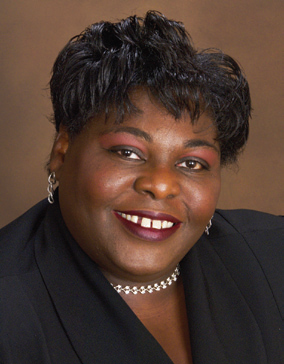By Elizabeth Williams-Riley, President and CEO, American Conference on Diversity
AFRICAN AMERICANS ARE four times more likely to die from asthma than their white counterparts. The rate of HIV infection among Latinas is four times greater than white women. Asian Americans are at greater risk of being infected with hepatitis B than non-Asians.
Health inequity is a significant problem. These sobering statistics impact our economy, workplaces, schools, communities, and the quality of life for everyone, because we don’t live in a vacuum. Healthcare disparities are rooted in social, economic, and environmental differences. Whether it’s a health provider with racial biases or inadequate cultural-competency training, or a patient who has limited access to care or a lack of trust of professionals passed down from generation to generation, the multitude of cultural dynamics that come into play disproportionately affects people in our society.
That’s why the American Conference on Diversity works to educate healthcare professionals and administrators throughout New Jersey through annual cultural competency and train the trainer programs. Since 2004, in response to the Institute of Medicine’s groundbreaking Unequal Treatment: Confronting Racial and Ethnic Disparities in Healthcare, we’ve strived to eliminate health disparities in a state with a high rate of foreign-born immigrants. First, C.A.R.E. Healthcare Cultural Competency Program for Healthcare Professionals was developed through an Aetna grant to provide professionals with the skills critical to caring for patients from diversity backgrounds.
Today, the Horizon Foundation for New Jersey continues to provide grants to support this program as well as the Healthcare Cultural Competency Train the Trainer program, offering strategies and resources to professionals to educate their staff in cultural competency. Developed and facilitated by American Conference on Diversity staff educated in healthcare, it helps participants explore issues of diversity within themselves and the healthcare environment as well as improve their communication skills to provide care to an increasingly diverse patient population.
Even if someone is diagnosed, will he or she know what the healthcare practitioner means during conversations? Does the patient understand how often to take his or her medicines? Our goal is to increase health literacy by working directly with professionals because, while the majority of Americans with low literacy skills are white, native-born Americans, ethnic minority groups are disproportionately affected, as are older patients, recent immigrants, people with chronic diseases, and those with low socioeconomic status. We also hope to work with pipeline practitioners and students in training, using experiential learning to close the disparities gap.
To paraphrase the CDC, we will continue this work until every person has the opportunity to attain his or her full health potential and no one is disadvantaged from achieving their potential because of socially determined circumstances.







